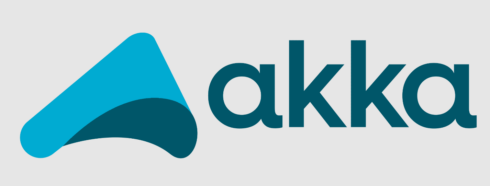
Lightbend announced that it is switching the license for Akka, a set of open-source libraries for designing scalable, resilient systems that span cores and networks.
The project ran on the Apache 2.0 license which has become increasingly risky when a small company solely carries the maintenance effort even though it is still the de facto license for the open-source community, according to Jonas Bonér, CEO and founder of Lightbend in a blog post.
The new license, Business Source License (BSL) v1.1, freely allows for using code for development and other non-production work such as testing. Production use of the software now requires a commercial license from Lightbend, the company behind Akka.
“Sadly, open source is prone to the infamous ‘Tragedy of the commons’, which shows that we are prone to act in our self-interest, contrary to the common good of all parties, abdicating responsibility if we assume others will take care of things for us. This situation is not sustainable and one in which everyone eventually loses,” Bonér wrote. “So what does sustainable open source look like? I believe it’s where everyone—users and developers—contributes and are in it together, sharing accountability and ownership.”
Bonér added that BSL v1.1 provides an incentive for large businesses to contribute back to Akka and to Lightbend.
The BSL v1.1 license also has an additional usage grant to cover open source usage of Akka, such as part of the Play Framework and it will indefinitely return to Apache 2.0 after three years.
The commercial license for Akka will be available at no charge for companies with less than $25 million in annual revenue.
“By enabling early-stage companies to use Akka in production for free, we hope to continue to foster the innovation synonymous with the startup adoption of Akka,” Bonér wrote.
Moving forward, Akka will also gain new short-term features, security fixes, JDK and Scala support, and long-term innovation projects such as Akka Edge, which provides a feature set for building edge-native applications.






